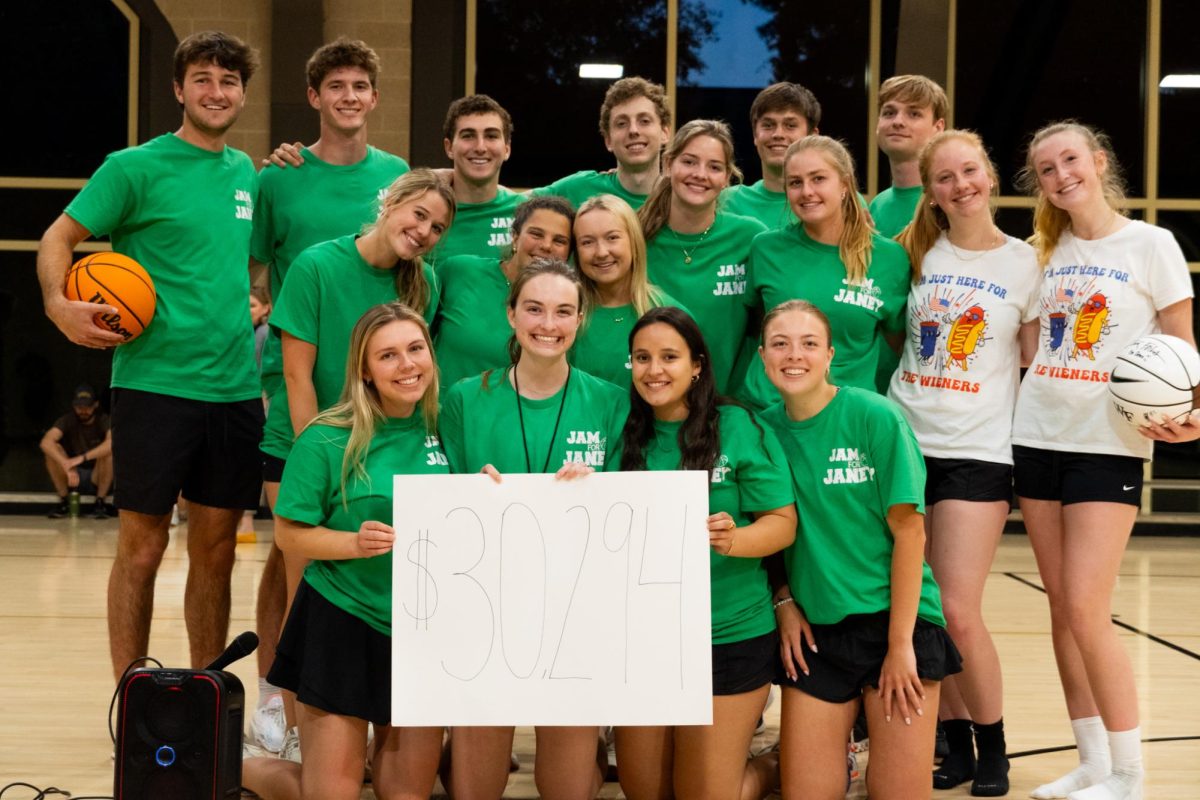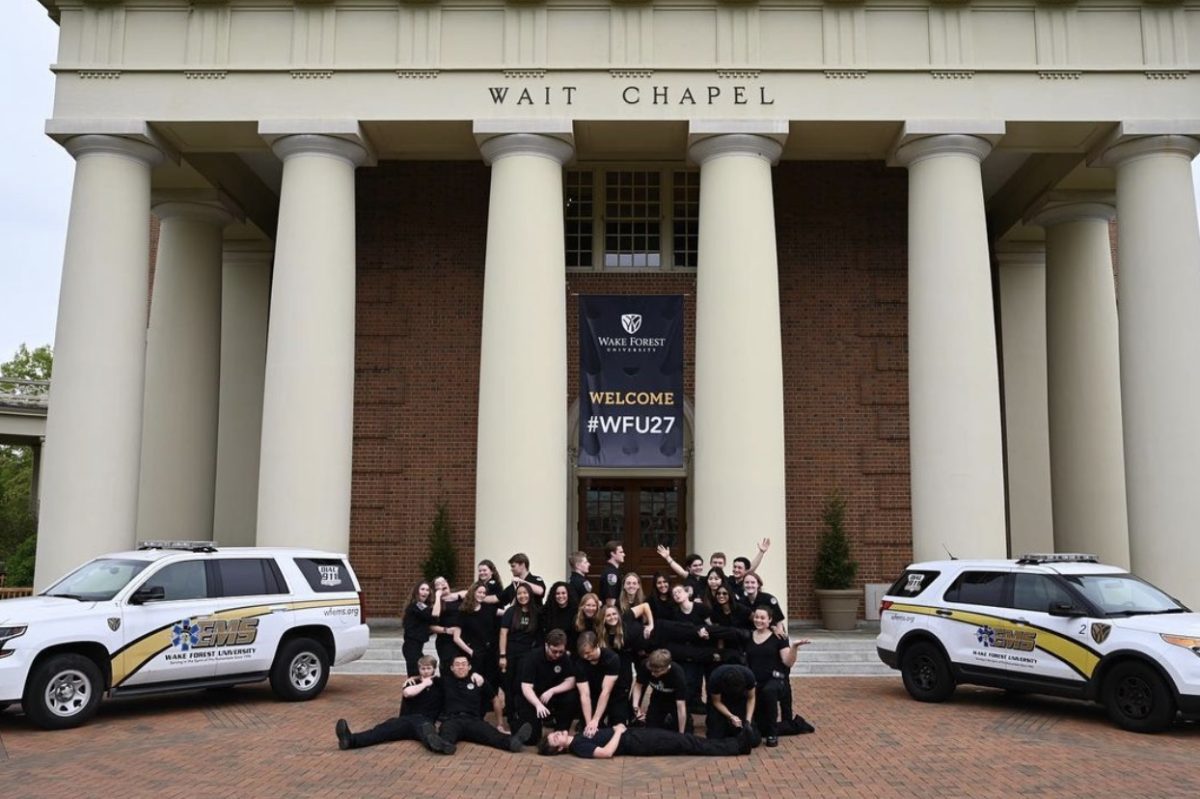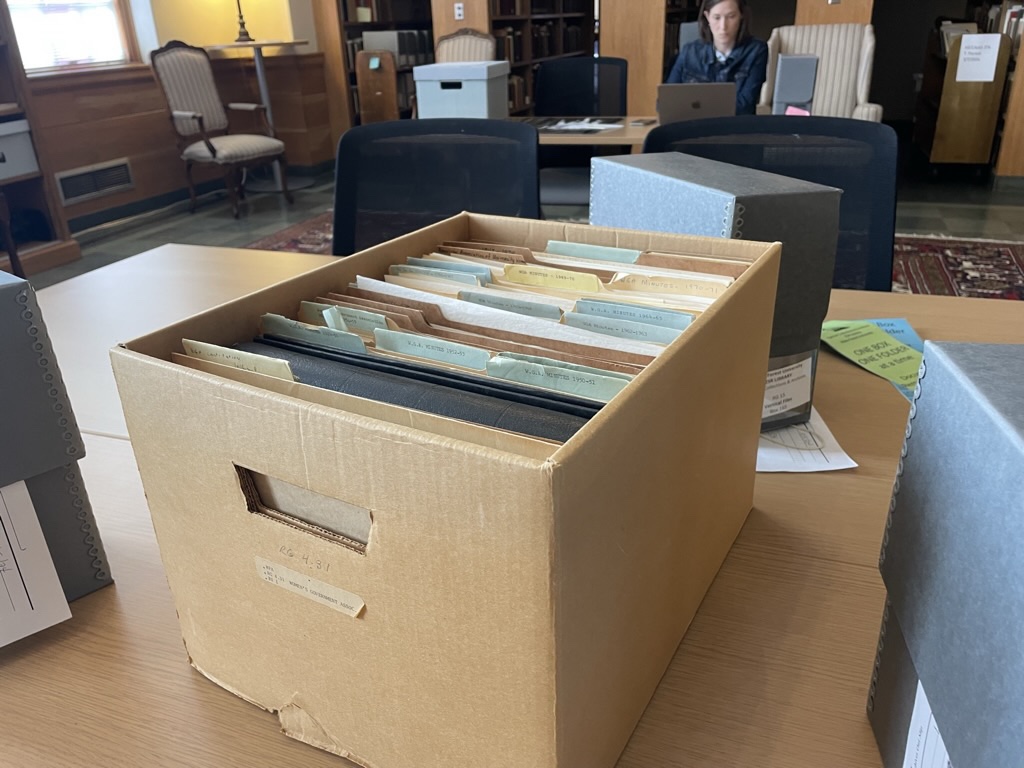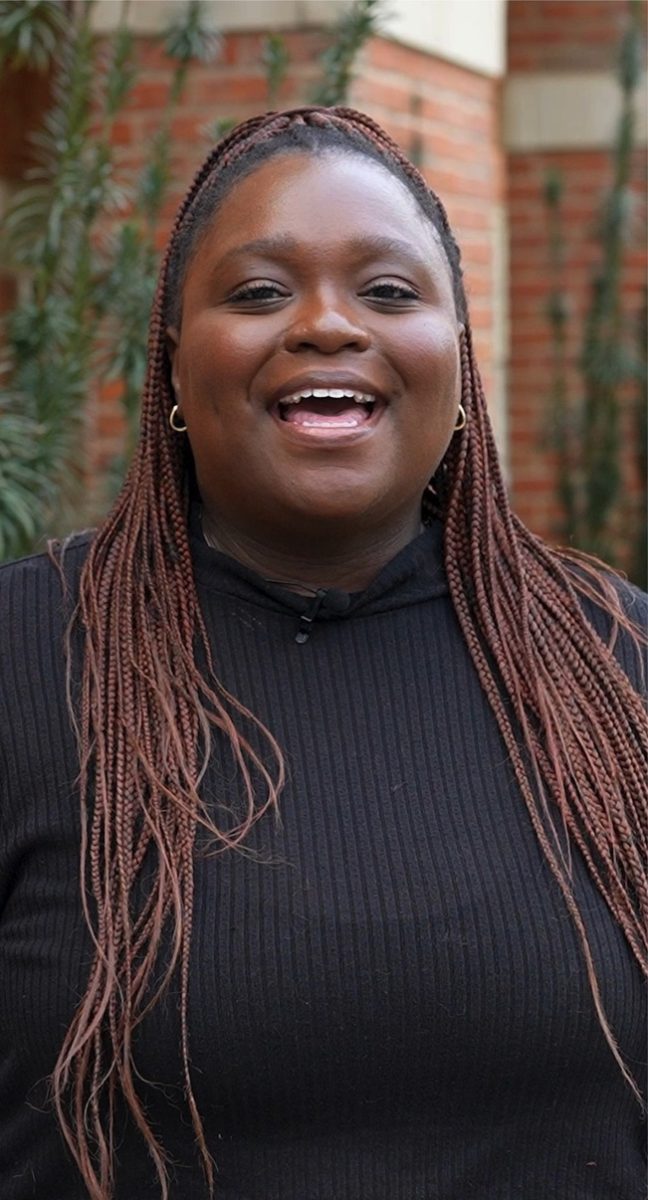
At Wake Forest, a group of students are fighting to reduce the maternal mortality gap — one that specifically exists for laboring parents of color.
The Deacon Doulas are all-inclusive, with staff on track to attend medical school or even volunteers who donate their time to address disparities in our healthcare system. Specifically, they provide support for patients who might be birthing alone, or who lack the resources to hire a private doula, completely free of charge.
In 2022 there were approximately 22 maternal deaths for every 100,000 live births in the United States — which far surpassed the rates for other high-income countries. To bridge the gap between mothers, inadequate healthcare practices and disparities in the city of Winston-Salem, a dedicated group of Wake Forest students are working to address how birth trauma and a birthing person’s pain are largely ignored and dismissed before, during and after births by the healthcare system.
The Deacon Doula Program operates as a collaborative effort among three main groups: the Women’s Center, the School of Medicine and the Birth Center at Atrium Health Wake Forest Baptist Hospital. The program was first formed in 2019 by two medical students, Abby Peoples and Callie White, both with a passion for women’s health.
In 2022, the students reached out to the Women’s Center to keep the program alive through institutional support. Since then, the Doulas have expanded to include undergraduates, staff, faculty and medical students, as well as other schools in the area, such as Salem College and Winston-Salem State University.
Hannah Rehm, the assistant director of the Women’s Center and program liaison for the Deacon Doulas volunteer program, discussed the application process to become a Doula.
“[Applicants go through a] weekend-long training that covers the role of doulas, an overview of what they do and the steps of childbirth,” Rehm said.
A Doula training session includes techniques for providing support — whether that’s physical, emotional or otherwise — to laboring patients through a combination of instructional and hands-on practice.
A typical shift usually for a doula lasts 12 hours.
The shift spends the first two hours at the hospital — but since childbirth is often unpredictable, nothing is guaranteed. After the two-hour mark, doulas can either head home, stay on call or stay at the hospital. The doulas work a lot with support, and are there if anyone, either on the hospital staff or an expecting mother, needs it.
“The support provided during labor makes the process more manageable and creates a better overall birthing experience.” Rehm stated.
Rehm elaborated, emphasizing that the doulas in the program have a strong passion for addressing healthcare disparities in the community, and for fostering connections between Wake Forest students and Winston-Salem.
However, this unity isn’t only evident in the community at large; it is also apparent among the Deacon Doulas themselves.
Heavyn McDaniels is a senior, heavily involved in the administrative process behind the Doulas. McDaniels states that her favorite part of the Deacon Doula process is seeing people become more comfortable in the training over time.
“Being a doula is hands-on work, so we practice positions with each other,” McDaniels said. “At first, it’s a bit awkward for everyone, but by the end of the training, they’re super comfortable and supportive of one another.”
McDaniels advises that students should consider joining the program, even if they think they aren’t qualified.
“That’s exactly why we want people to join,” McDaniels said. “It’s a rewarding experience, and you learn so much. Take that leap of faith and believe in yourself.”







